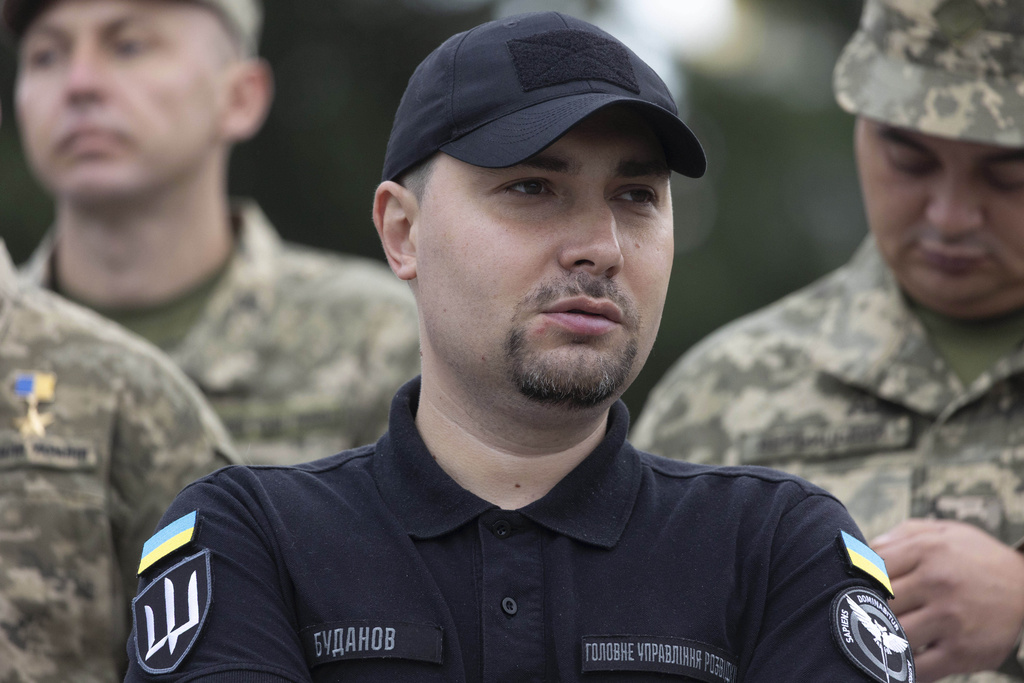Ukraine Says Russia Has 120 Troops Advising Venezuelan Forces

Ukrainian intelligence claims that there are more than 120 Russian military advisers in Venezuela.
The Gaze reports on it, referring to The War Zone.
The head of Ukrainian military intelligence, Kyrylo Budanov, said that a Russian rotational mission led by Colonel General Oleg Makarevich is in Venezuela. More than 120 Russian military personnel are training Venezuelan forces in infantry, drones, special operations, and electronic intelligence.
Budanov emphasized that this presence has existed for many years and is not a response to the large-scale deployment of US forces in the Caribbean region organized by the Trump Administration.
According to him, a significant part of the Russians are located in Caracas, others in Maracaibo, La Guaira, and on the island of Aves. Makarevich, who has been in Venezuela since the beginning of the year, has had his mission extended, which is unusual for the standard six-month rotations. According to the Main Directorate of Intelligence (HUR), Russian advisers are training Venezuelan units, assessing their combat capabilities, and helping to monitor internal groups and external actors.
The question of new deliveries of Russian air defense systems remains open. Budanov confirmed the presence of the Buk-M2 complex but could not confirm whether Venezuela had received the Pantsir-S1. At the same time, Russian politicians are threatening to expand military aid to Caracas, including cruise missiles and strike UAVs. The presence of Russian advisers is particularly significant in light of a possible US operation, which has concentrated an aircraft carrier strike group and thousands of troops in the region.
Budanov noted that the Russians are unlikely to intervene in the event of an American strike, but Moscow will use their presence in diplomatic games with Washington.
“I think they will be behind the scenes and officially Russia will try to speak to the U.S. because their units are in Venezuela,” he said. “It’s just a game.”
The partnership between Venezuela and Russia was formed during the time of Hugo Chávez. Moscow was one of the few allies willing to supply the country with weapons, provide loans for large purchases, and invest in energy. Russia became the main supplier of modern weapon systems at the time: Su-30 fighter jets, Mi-17 and Mi-35 helicopters, Buk-M2E and S-300VM air defense systems, and Igla-S portable missiles.
After Nicolás Maduro came to power, cooperation continued and gained political value for both sides.
Economic cooperation is focused on energy. Russian companies, primarily Rosneft, invested billions in joint oil ventures and gained significant access to Venezuelan oil fields. In 2024–2025, Russia retained some of its rights to extract and export Venezuelan oil, although actual investments declined due to sanctions pressure and the Kremlin's priorities related to the war against Ukraine.
Military-technical cooperation is currently mixed. On the one hand, Russia maintains contacts, has sent specialists for technical maintenance, and has opened an ammunition production plant. On the other hand, the Kremlin's real capabilities are limited: much of the equipment is obsolete, components are unavailable due to sanctions, and resources are directed toward the war.
It should be noted that Washington has also recently increased its military presence in the Caribbean, explaining this as part of the fight against drug trafficking and demonstrating its strength near the Venezuelan coast.
In particular, the US has deployed an unprecedented military group in the Caribbean, led by the aircraft carrier USS Gerald R. Ford, which is the largest build-up of American forces in the region since 1989.
Read more on The Gaze: Latin America and the War in Ukraine: Allies, Neutrals, and Supporters of Moscow